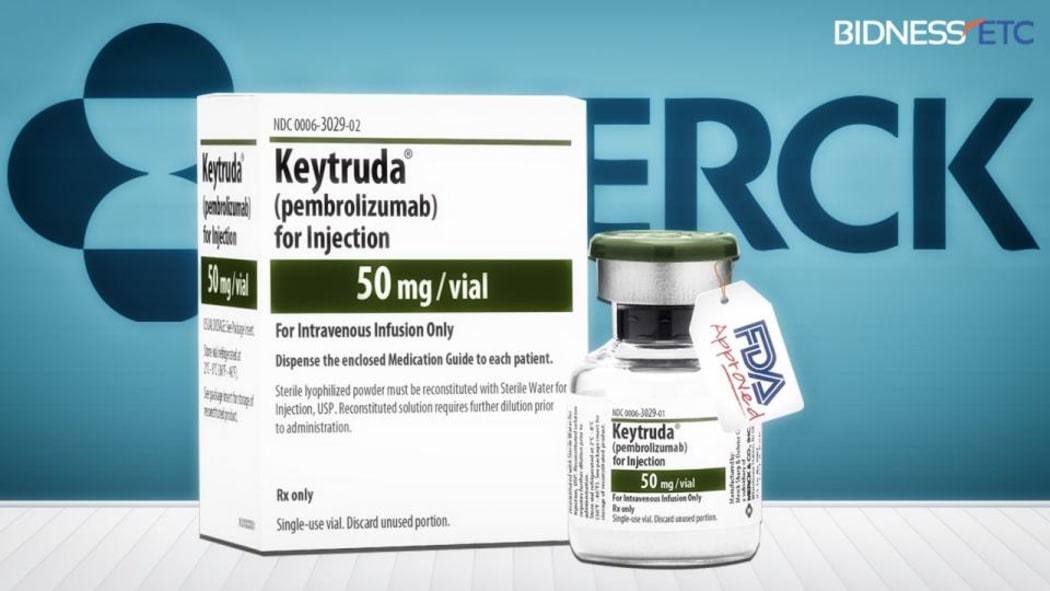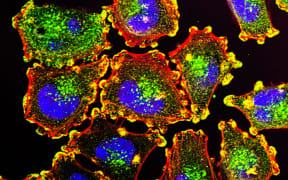Drug-buying agency Pharmac is refusing to be rushed into funding a promising new drug for advanced melanoma.
Pembrolizumab, made available under brand name Keytruda, can stall and shrink tumours in some patients and they are desperate to get it.
But, while it remains under review, Pharmac has given the expensive drug a low priority for funding and hasn't changed its mind.

Pembrolizumab is made available under brand name Keytruda. Photo: Supplied
The agency's chief executive, Steffan Crausaz, said the price - about $200,000 a patient a year - was excessive.
He added that long-term effectiveness and survival data for patients was uncertain.
"Yes, there is efficacy, but we're not quite sure how well it works in the long run. We're not sure whether it really delivers on survival gains, and also there's questions about affordability and other things."
Relying on early data could be problematic, he said. International research, published last October, looked at treatments that had US regulatory authority.
"Between 2008 and 2012, there were 36 of them, all approved on the basis of early data. By 2014 only five had demonstrated overall survival gains.
"So, on that basis, you could say you'd be more likely to be wrong than you would be right."
Pharmac needed to ensure it made sound decisions with its taxpayer-funded budget of $800 million, he said.
"What we really need to know is, if we're going to invest very substantial sums of funding, which is limited in the health system, if we're going to do that - then we really expect to know how likely it is that we're going to get the gains, that we all want, and hope, will actually happen."
He said, where there was no alternative treatment, that was taken into account and was part of the decision-making criteria.
"That said, though, we do still expect to see data that supports good ongoing benefits, otherwise what would we be funding? What would we be buying? We'd be buying uncertainty."
Mr Crausaz said Pharmac would continue to keep funding of the drug under review, and was in constant communication with the drug-maker, Merck Sharp and Dohme (MSD), and with Bristol-Myers Squibb, the maker of a similar drug, nivolumab.
'Quantam leap' in treatment
The Cancer Society's medical director, Chris Jackson, said the new drugs were a "quantum leap" ahead of anything else that had been seen for melanoma patients.
"We've had people who've had secondaries in their liver, who have gone into compete remission; we've had people who have had secondaries in their lung, who've gone into complete remission.
"And certainly we've seen people who've got secondaries in their skin [for whom] all of their skin disease has gone into complete remission, and stayed there."
He called on Pharmac to fund pembrolizumab temporarily while data was collected on how much money would be saved from surgery, radiation and hospitalisations that would no longer be needed, and to assess whether the drug company's data "stacks up".
Mr Crausaz said it was the drug companies' job to demonstrate the benefits of their products.
Melanoma New Zealand chief executive Linda Flay said it backed the Pharmac process but urged it to consider the matter seriously, for the sake of patients who were desperate to get access to the drug but often could not afford it.





